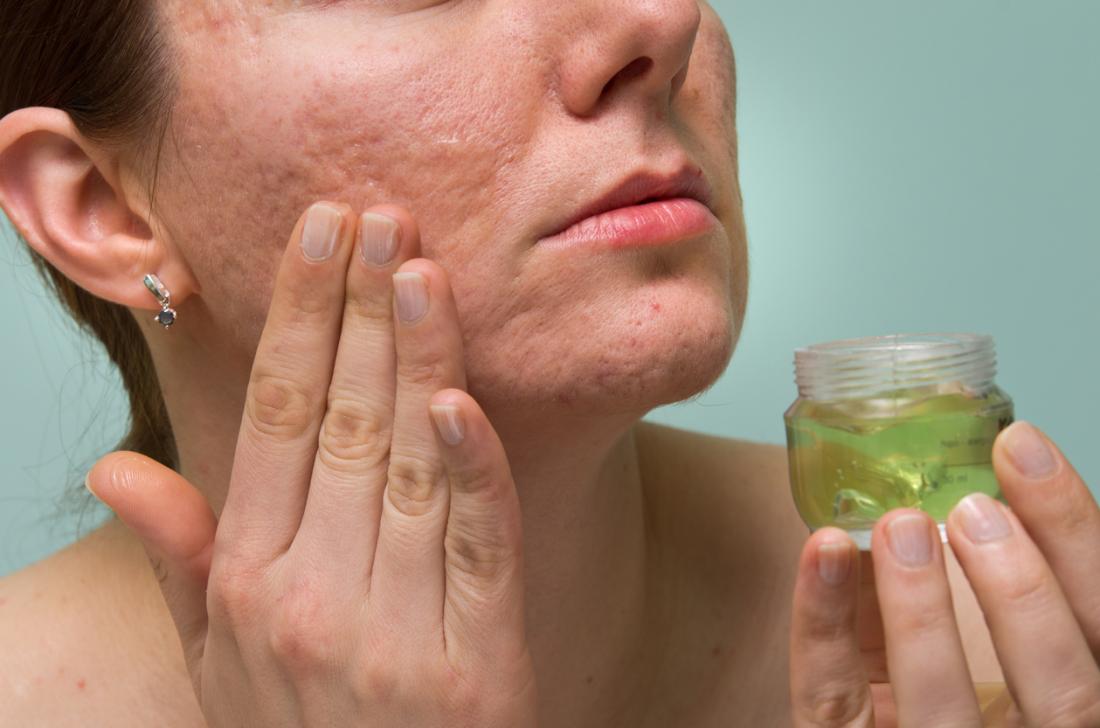Acne is one of the most common and persistent skin conditions, affecting millions of people worldwide, regardless of age or skin type. Despite being widely experienced, the journey toward understanding and managing acne can often feel like a frustrating, complex battle. Acne is not just a superficial issue—it’s a reflection of what’s happening within the body, making its prevention and treatment a multifaceted task that requires a deeper understanding of its causes. While there’s no one-size-fits-all solution, there are proven strategies that can prevent acne breakouts and promote clear skin, leading to long-term improvements and, more importantly, real results. Here, we explore the key principles of acne prevention, based on scientific insights and practical habits that can truly make a difference.
The Science of Acne: What’s Really Happening Beneath the Surface?
To effectively prevent acne, it’s essential to understand its underlying causes. Acne occurs when hair follicles become clogged with excess oil, dead skin cells, and sometimes bacteria. These blocked pores create the perfect environment for inflammation and infection, leading to the formation of pimples, blackheads, and cysts. Several factors contribute to this process:
-
Excess Sebum Production: Sebum, the natural oil produced by sebaceous glands, is vital for keeping the skin moisturized. However, when these glands produce too much oil—often due to hormonal fluctuations, stress, or diet—it can mix with dead skin cells and clog pores.
-
Hormonal Changes: Hormones play a significant role in acne. Androgens, the male hormones present in both men and women, can cause the sebaceous glands to enlarge and produce more oil, particularly during puberty, pregnancy, and the menstrual cycle.
-
Bacteria and Inflammation: The skin naturally harbors Propionibacterium acnes (P. acnes) bacteria, which, when trapped inside a clogged pore, can multiply rapidly, causing inflammation and leading to the red, swollen pimples we associate with acne.
-
Diet and Lifestyle: Studies suggest that certain foods, particularly those with a high glycemic index (like sugary and processed foods), can exacerbate acne by increasing blood sugar levels and stimulating insulin, which in turn promotes sebum production. Lifestyle factors such as stress, lack of sleep, and smoking can also contribute to the severity of acne.
Understanding these root causes allows for a more targeted approach to acne prevention. Let’s explore some of the most effective methods to keep acne at bay.
1. Consistent and Gentle Skincare Routine
One of the most important steps in acne prevention is establishing a consistent skincare routine that works for your skin type. This routine should focus on cleaning the skin without stripping it of its natural oils, as both over-cleansing and under-cleansing can exacerbate acne.
-
Cleansing: Use a gentle, non-comedogenic (non-pore-clogging) cleanser twice a day to remove excess oil, dirt, and impurities. Opt for a mild formula with ingredients like salicylic acid or benzoyl peroxide, which are known for their acne-fighting properties. However, avoid harsh scrubbing or using abrasive exfoliants, as this can irritate the skin and worsen acne.
-
Moisturizing: Many people with acne-prone skin avoid moisturizers out of fear of making the problem worse, but this is a mistake. A lightweight, oil-free moisturizer helps maintain the skin’s hydration balance and prevents it from producing excess oil in response to dehydration. Look for products labeled “non-comedogenic.”
-
Targeted Treatments: Spot treatments containing benzoyl peroxide, sulfur, or tea tree oil can be helpful for targeting individual pimples. For more persistent cases, products with retinoids (like adapalene) can help prevent clogged pores and promote cell turnover.
2. Diet and Nutrition: The Acne-Skin Connection
While the relationship between diet and acne remains somewhat controversial, numerous studies suggest that certain dietary choices can either exacerbate or improve acne. A balanced diet rich in anti-inflammatory foods and low in refined sugars and processed carbohydrates can make a significant difference in preventing breakouts.
-
Avoiding High Glycemic Foods: Research has shown that high-glycemic foods (those that cause rapid spikes in blood sugar, such as white bread, sugary snacks, and sugary drinks) can increase sebum production and inflammation, triggering acne. Instead, focus on whole grains, vegetables, fruits, and lean proteins, which provide steady energy and help maintain hormone balance.
-
Incorporating Omega-3 Fatty Acids: Omega-3s, found in fatty fish like salmon, walnuts, and flaxseeds, have anti-inflammatory properties that can help reduce the redness and swelling associated with acne. These healthy fats can also improve skin health by nourishing it from the inside out.
-
Vitamins and Minerals: Zinc, for example, has been shown to have an acne-fighting effect by reducing inflammation and regulating oil production. Foods rich in zinc include pumpkin seeds, chickpeas, and spinach. Vitamin A (found in carrots and sweet potatoes) and Vitamin E (found in nuts and seeds) are also beneficial for skin health.
3. Managing Hormonal Fluctuations
Hormonal imbalances, especially during puberty, menstruation, pregnancy, and times of stress, can trigger or worsen acne. While you can’t completely control hormonal fluctuations, there are ways to manage their effects on your skin.
-
Birth Control: For women whose acne is hormonally driven, oral contraceptives (which regulate androgen levels) can be an effective solution. These birth control pills are often prescribed to help manage acne and reduce oil production.
-
Managing Stress: Stress is a major acne trigger, as it prompts the body to produce more cortisol, a hormone that can increase oil production. Techniques such as mindfulness, yoga, meditation, and regular exercise can help reduce stress levels and, in turn, reduce acne flare-ups.
4. The Role of Sleep and Lifestyle
Adequate sleep and healthy lifestyle habits are essential for maintaining clear skin. When you don’t get enough rest, the body’s ability to repair and regenerate is compromised, which can lead to inflammation and an increase in breakouts.
-
Sleep: Aim for 7-9 hours of quality sleep each night to give your skin the time it needs to repair itself. During deep sleep, blood flow to the skin increases, which helps to clear out toxins and repair damaged tissue, including acne-prone areas.
-
Exercise: Regular physical activity promotes blood circulation, which helps deliver oxygen and nutrients to the skin, aiding in detoxification. However, be sure to cleanse your face after exercise to remove sweat and prevent clogged pores.
5. The Importance of Sun Protection
While some may think that exposure to the sun can help dry up acne, overexposure can actually worsen it. The sun’s harmful UV rays can increase inflammation and scarring, leading to hyperpigmentation and potential flare-ups.
Using a broad-spectrum, oil-free sunscreen daily is essential for protecting the skin from harmful UV rays. Sunscreens containing zinc oxide or titanium dioxide are non-comedogenic and less likely to clog pores, making them ideal for acne-prone skin.
6. Professional Treatments for Persistent Acne
For some individuals, over-the-counter skincare products and lifestyle changes may not be enough. In such cases, professional treatments can help manage acne more effectively.
-
Chemical Peels: Performed by dermatologists, chemical peels use mild acids to exfoliate the skin and reduce acne scarring. They can also help unclog pores and decrease inflammation.
-
Laser and Light Therapy: Certain laser treatments and blue light therapies target P. acnes bacteria, reducing inflammation and preventing future breakouts.
-
Prescription Medications: In more severe cases, oral medications like antibiotics (to reduce bacteria) or isotretinoin (to shrink sebaceous glands) may be prescribed by a dermatologist.
Conclusion
Acne prevention is not a one-size-fits-all endeavor. It requires a tailored approach that includes a consistent skincare routine, dietary adjustments, stress management, and sometimes professional intervention. By understanding the root causes of acne and incorporating these practical, science-backed strategies into daily life, it’s possible to see real, lasting results. Achieving clear skin takes time, patience, and a commitment to maintaining a balanced lifestyle. However, with the right approach, you can prevent breakouts and enjoy smoother, healthier skin.





